True Ladies and Proper Gentlemen
It was written in 1881, yet I can't help thinking about it every time I see someone using a hands-free device. Enjoy!
By “Aunt Ruth” Belle C. Greene
(fiction)
1881
I must tell ye how Deacon Jones got fooled, when I was to his house last summer. You know the deacon’s awful savin’, and he hadn’t took no newspaper for years; said how he could hear enough o’ the wicked doin’s of the world without payin’ money to read about ‘em.
Wall, he went over to Bangton one mornin’ to carry some butter and eggs, and buy groceries, and one thing n’other they was needin’, and Mis’ Jones and me we had a good long day all to ourselves.
Between sundown and dark, we was settin’ together knittin’ and talkin’, when the deacon come in. He laid his bundles down on the table without sayin’ a word. He alwers invariable used to say, “There, wife, there’s your groceries; use ‘em sparin’, use ‘em sparin’.” So this time we didn’t know what to make on him. He looked uncommon sober, too.
“Father,”says Mis’Jones,“what’s the matter? Didn’t the things sell well?”
“Yes, the things sold well enough,” says he, “but I found out somethin’ down to Bangton that’s just about upset me.”
“The bank haint failed -”
“No, no! For the land sake, aint there no troubles in this world but money trouble!” says the deacon real snappish.
“Why, yes, of course,” says Mis’ Jones, “but dew tell us what is the matter!”
Then he set down and told us. “You know Widder Grimes’ oldest boy, James, has been to work in Barker’s grocery store for more’n a year. You remember what a nice boy he’s alwers been,— good habits and all that,—and sence his father died he’s the main stay o’ the family, as you might say. It was only the other day his mother was tellin’ me about him; how well he was gettin’ along, and how Barker meant to take him in pardner this fall. She seemed so proud and happy over it. She’s jest bound up in that boy! But I’ll tell ye how it was. After I’d done my arrants and packed all the bundles away under the buggy seat, I went back into Barker’s store and set down on a box to eat a bite o’lunch and rest me a minnnit, when James Grimes come in. I noticed he looked kinder queer. He steered straight for the back end o’ the store, and leanin’ up agin the wall, begun to go through with the silliest lot o’ performances I ever see. If he hadn’t been more’n six year old, I should a thought he was makin’ believe at some kind o’ child’s play! He pertended to be talkin’ to somebody, hollered “hullo!” and “all right!” and a whole mess o’ stuff, then laughed as hearty as could be, at his own nonsense. I couldn’t believe it of James and I turns to Jeff Adams, standin’ by me, “Drunk, ain’t he?” says I. Jeff didn’t make no answer, only winked one eye and grinned. It was a good joke to him I s’pose, but it wa’n’t to me; I tell you I felt like death, and I went and got out my team and come away as quick’s I could. And the wust on’t is, it’ll just about kill the Widder Grimes!”
Mis’ Jones wiped her eyes, “Poor woman, God help her!” says she.
All of a suddin an idee popped into my head. I says to the deacon:
“Did James say ‘Hullo!” when he fust begun to talk?”*
“Yes. He kep’ sayin’ on’t over’n and over.”
“And didn’t he hold somethin’ up to his ear?”
“I didn’t mind. There was a lot o’ things all cluttered up hangin’
on the wall behind him; corn poppers, and tin-ware, and so on— but why, what are you drivin’ at, Ruth Ann?”
“Wall,” says I, “I think James was jest talkin’ through a telefone—one o’ them talkin’ machines, you know.”
“Telefone!” says the deacon, all struck of a heap. “I’ve heerd on ‘em. Do you s’pose they’ve got one in Barker’s store? I dunno.”
“How should ye know anything, for that matter, when we don’t
take no newspaper!” said his wife, kinder spiteful.
“I swanny!” says the deacon, “if I don’t believe you’re right,
Ruth Ann! James wouldn’t git drunk—I might a knowed it!”
He went off post hast over to neighbor Fuller’s to make inquiries, and he found out that Barker had got a telefone, and that James Grimes was stiddy as an eight-day clock, jest as he alwers had been.
The best on’t was, the deacon concluded to take a newspaper.
* The expression “Hollo!” or “Holla!” was originally used to indicate surprise or call attention to something. When the telephone started to become popular, people considered its jangling noise so unnerving that “Hello” became the standard telephonic greeting.
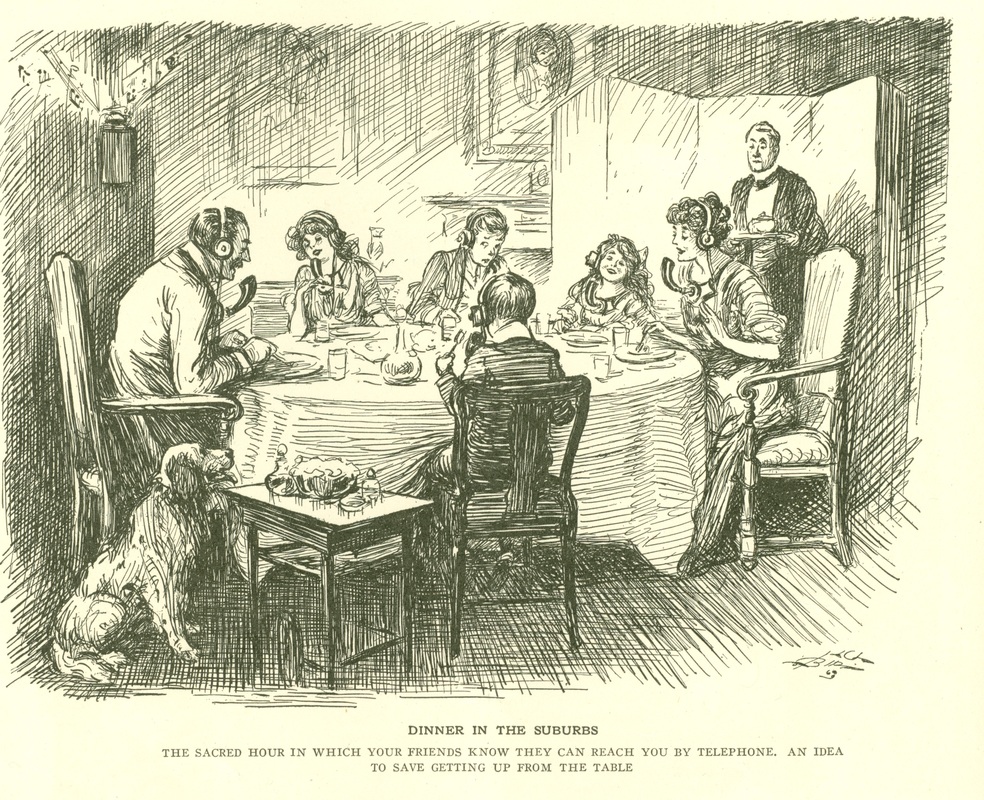
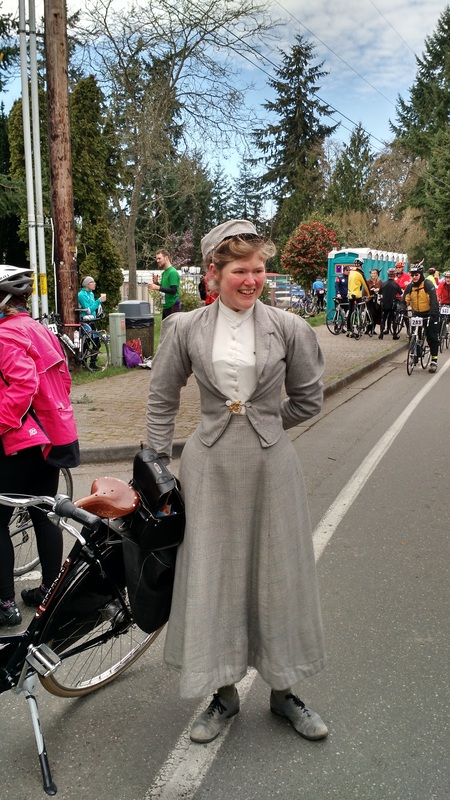
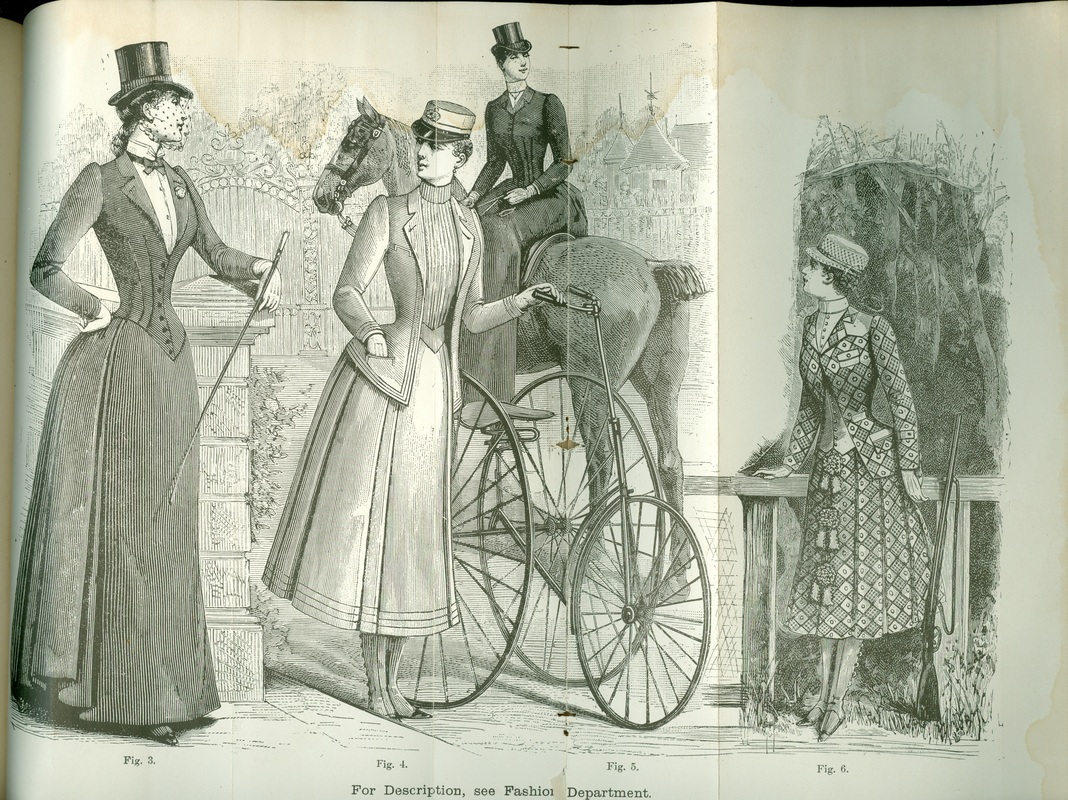
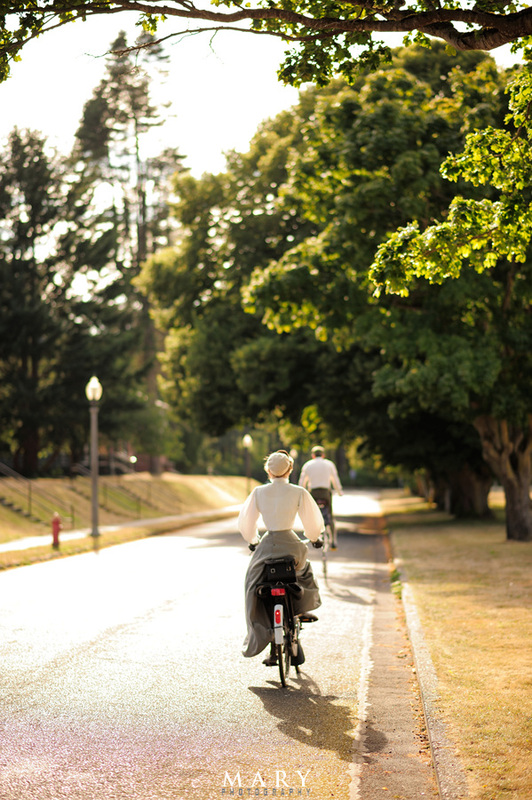
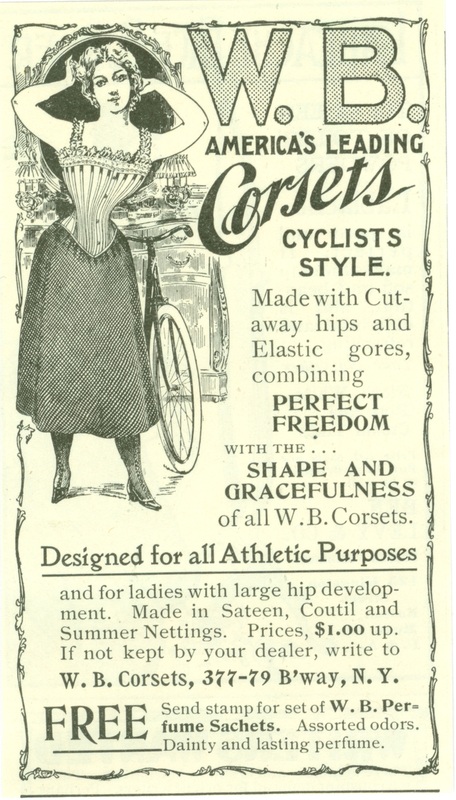
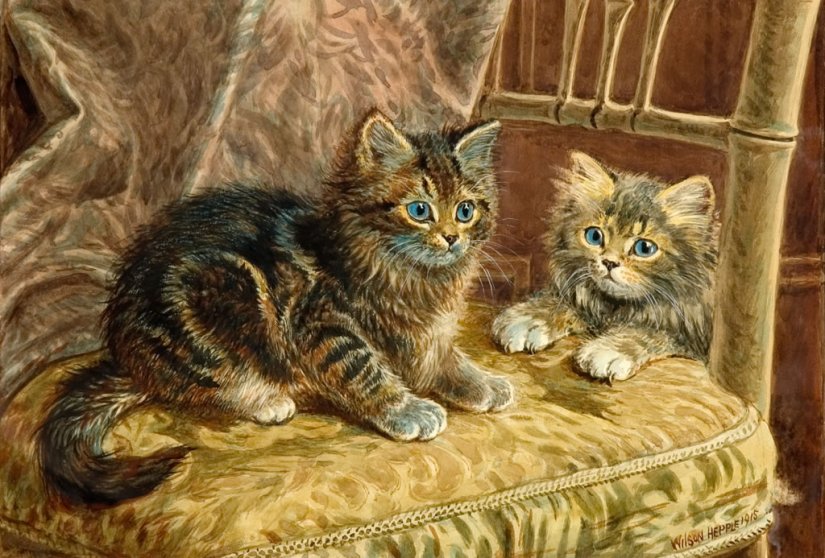
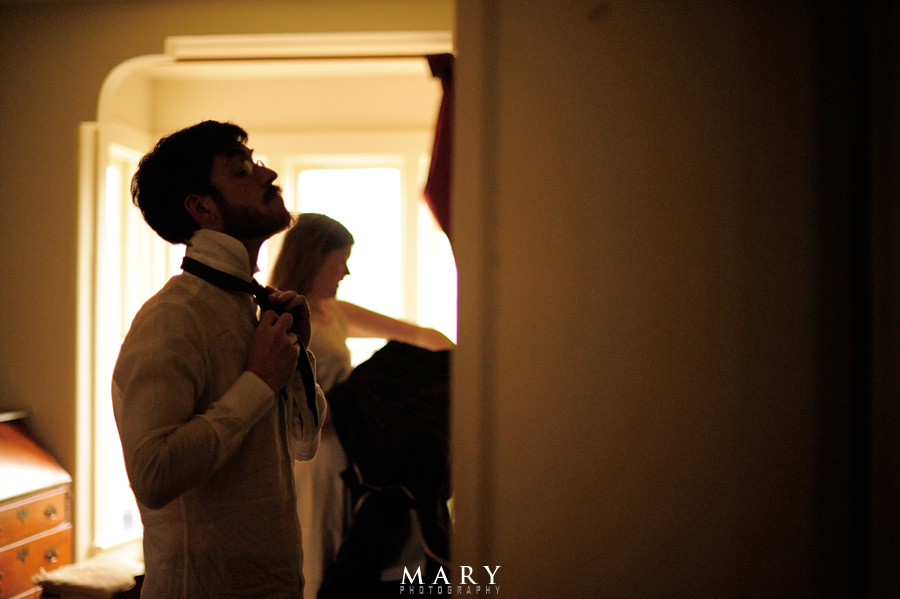
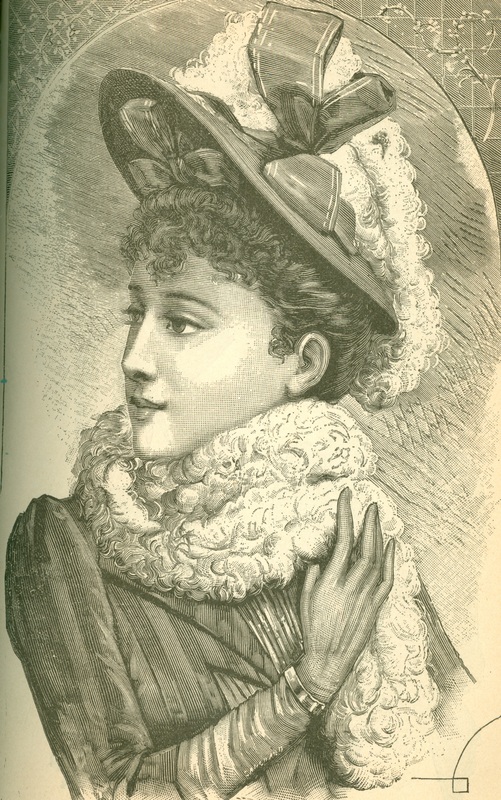
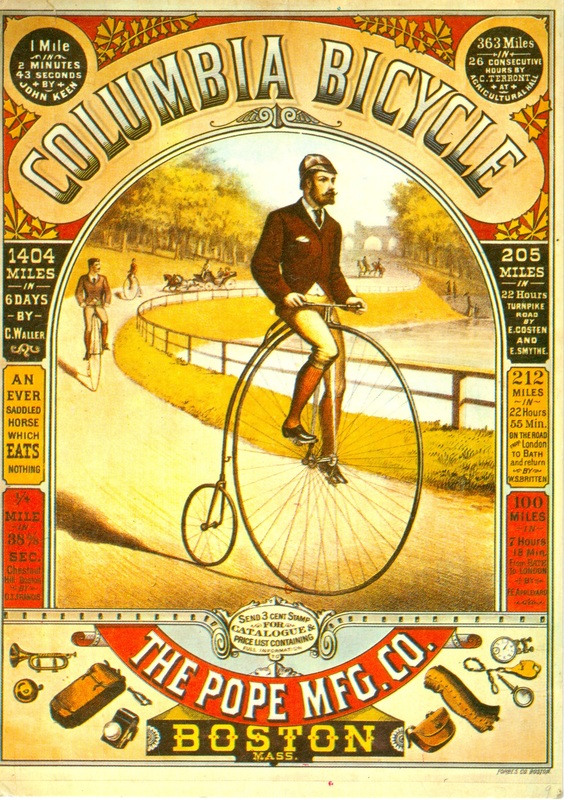
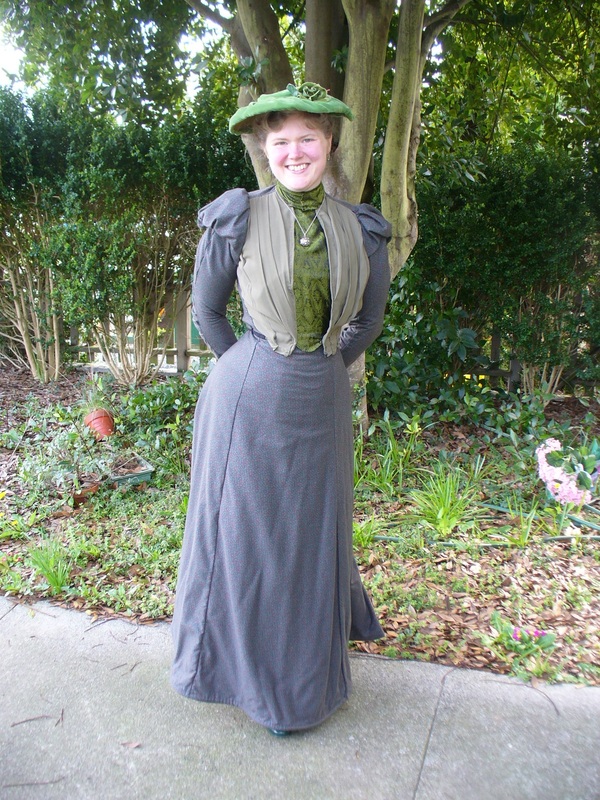
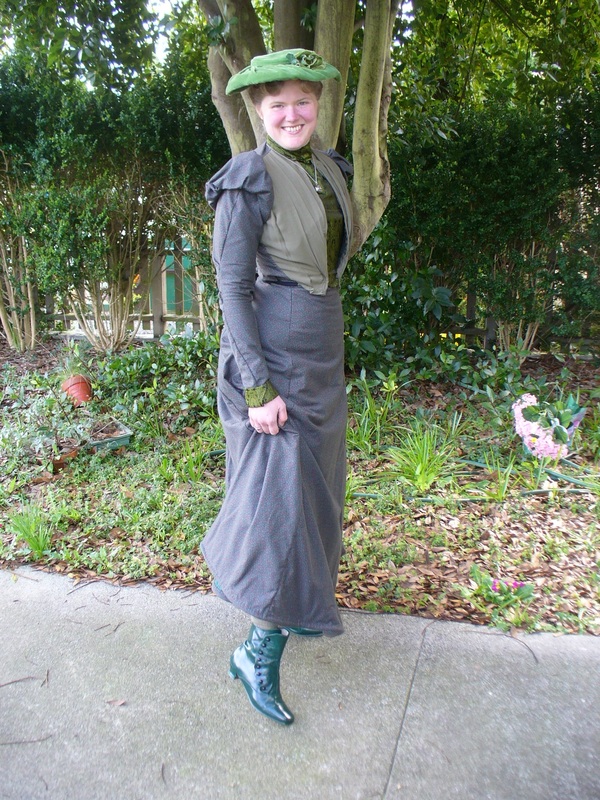
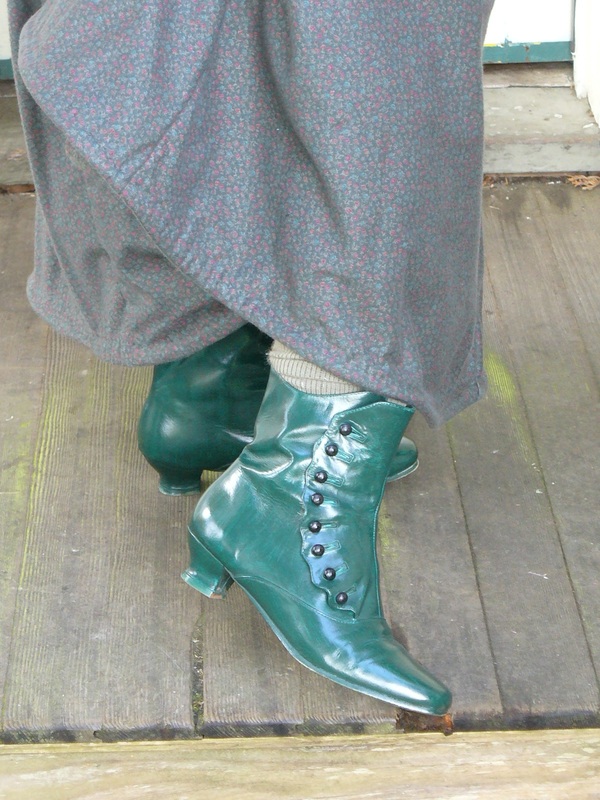
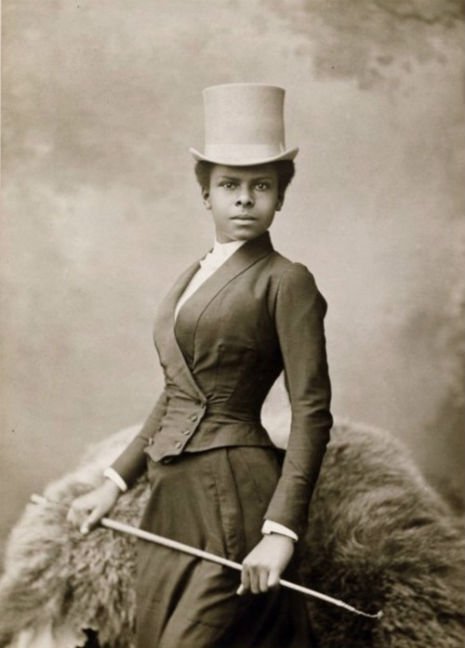
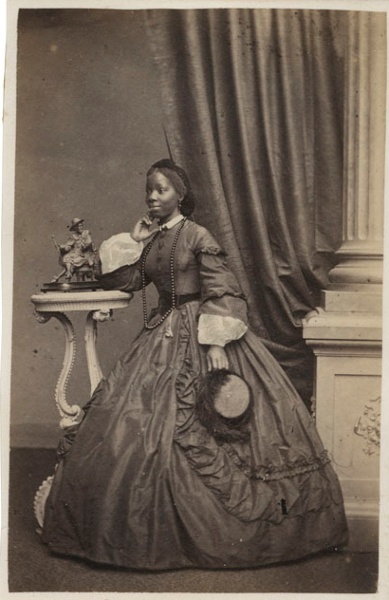
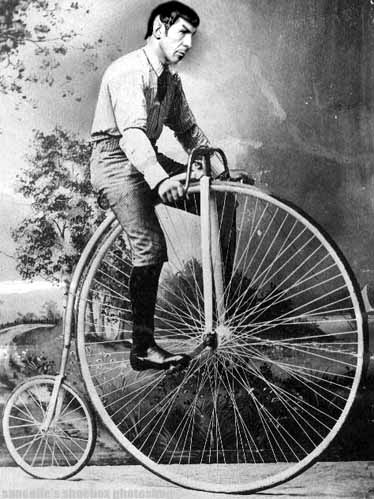
 RSS Feed
RSS Feed